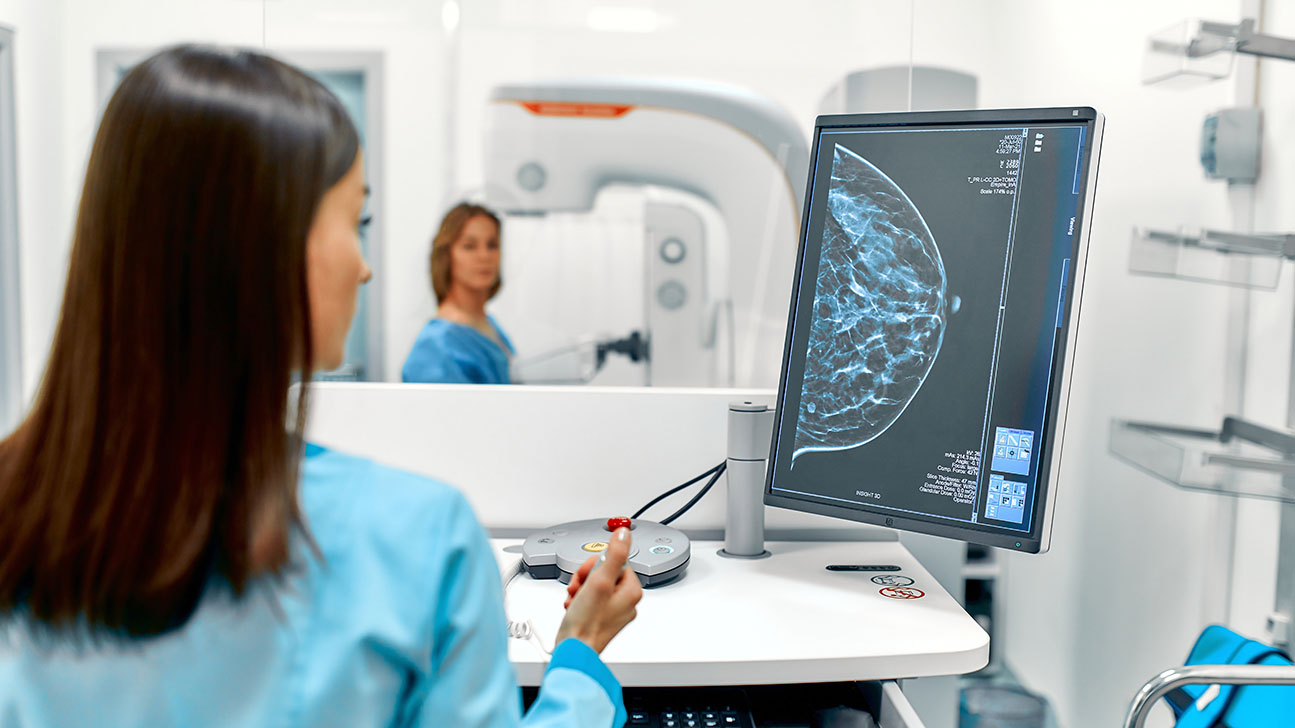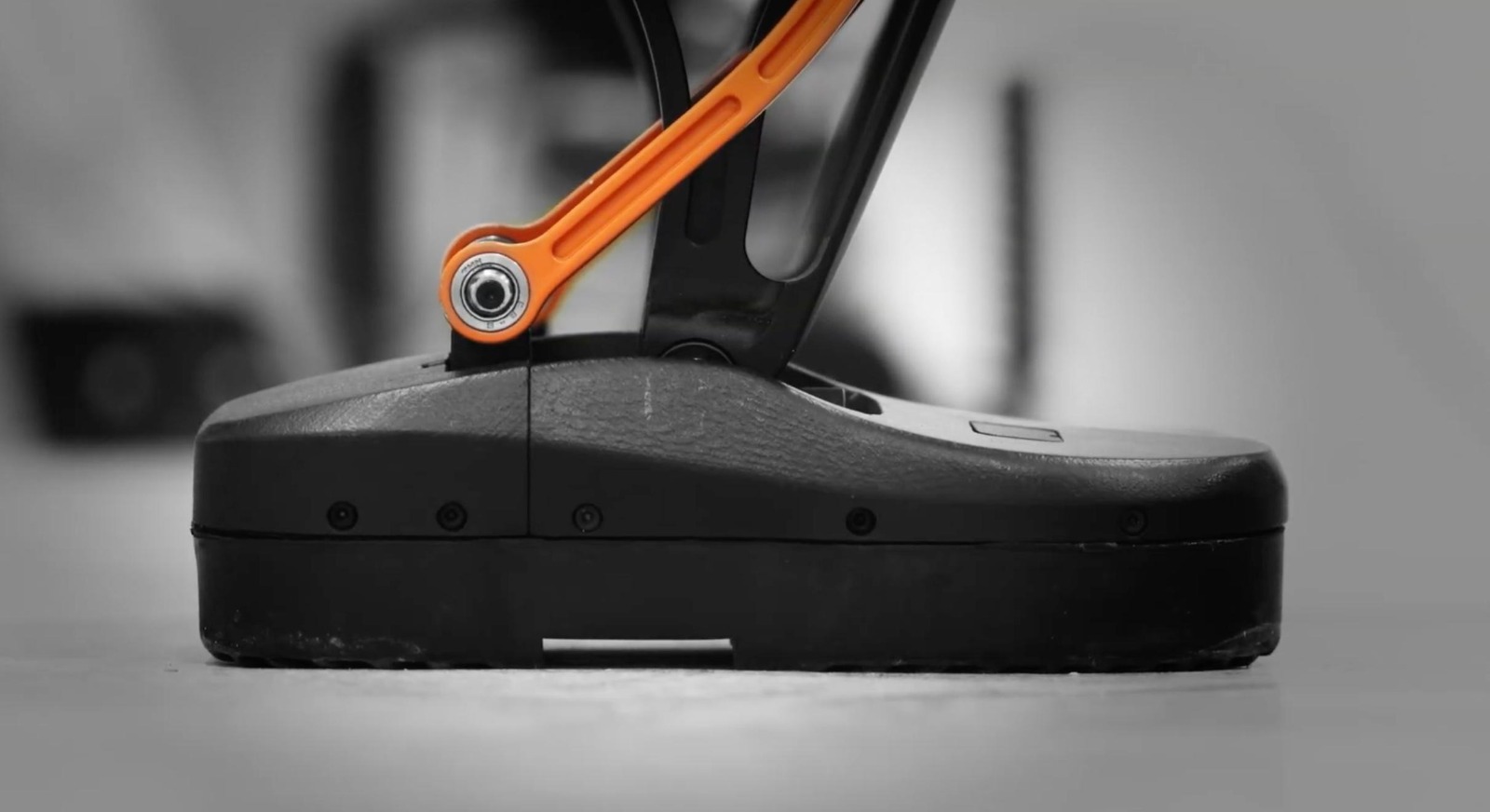AI-aided cancer diagnostics in the era of precision medicine
Friday, August 18, 2023

The success of many types of cancer treatments hinges on factors including the patients’ age, general health, and, of course, how early the cancer is detected. The speed and accuracy of diagnosis is the main factor that healthcare providers have influence over, but all too often, patients and healthcare providers around the world are challenged by a shortage of experienced pathologists and radiologists.
This issue often means that clinics and hospitals are slower at testing patients and verifying the results than they would like to be, which, inevitably, means that many cancer patients are diagnosed after the point at which treatment or precision medicine would have been most effective.
This is a challenge that MBZUAI Deputy Department Chair and Professor of Computer Vision, Fahad Khan, Assistant Professor of Computer Vision, Hisham Cholakkal and Assistant Professor of Computer Vision, Rao Anwer are keen to address. They have been researching how to refine AI-based techniques to accelerate and improve diagnosis for colorectal cancer and breast cancer – both of which are common in the Middle East and globally.
While using computer vision techniques to analyze scans to detect cancer is not new, Khan and Cholakkal’s research has focused on developing novel algorithms while addressing a crucial barrier that has held back the training of computer vision systems – a shortage of training data such as abnormal scans and poor imaging quality – that makes it difficult for AI systems to detect cancerous lesions.
To address the shortage of training data, the MBZUAI team has used a technique known as “few-shot tissue image generation” in which they use AI-generated data for training an AI model to recognize lesions and cancerous cells.
“Our generative AI-based framework enables accurate few-shot tissue image generation, enabling the training of deep neural network-based models for accurate analysis of tumor tissues,” Khan said. “The resulting tissue data is then used to train an AI model to automatically recognize different types of cancerous tissues. Our model predictions aid pathologists and clinicians in making accurate diagnoses and personalized treatment decisions. Similarly, the framework for breast lesion detection in ultrasound videos developed by the MBZUAI team improves the efficiency of radiologists in breast cancer diagnosis, leading to better detection of breast lesions and timely treatment interventions – thereby improving patient outcomes.”
The team has also sought to overcome a common challenge in breast lesion detection via ultrasound videos, where the data is often problematic due to blurry boundaries and variable lesion sizes. Their solution is based on multi-scale spatio-temporal deformable attention-based framework that enables more accurate detection of breast lesions.
“In case of breast lesion detection, the algorithm that we have developed can accurately detect breast lesions with an accuracy of more than 70%. Khan said.
Khan and Cholakkal – along with Anwer, a research intern Amandeep Kumar and a first year Ph.D. student Chao Qin at MBZUAI – have had two papers on the topic accepted by MICCAI, a top AI medical imaging conference with an early accept rate of only 14% due to take place in Vancouver, Canada from October 8–12.
Following the presentation of these papers at the MICCAI conference, the next steps in developing the research will involve further validation and refinement of the developed frameworks. “Extensive evaluations and trials will be conducted to assess the performance and effectiveness of the proposed methods in real-world settings,” Khan said. “We will seek out collaborations with healthcare institutions and industry partners to integrate these AI-based solutions into clinical workflows.”
In addition, the team will expand the applications of the frameworks beyond colorectal cancer and breast cancer to other cancer types. “This research is aimed at enhancing the lives of individuals affected by colorectal cancer and breast cancer, and hopefully other types of cancer as the research develops, by offering potential solutions to the shortage of experienced pathologists and radiologists and making healthcare more effective and sustainable,” Cholakkal said.
Related
MBZUAI and Minerva Humanoids announce strategic research partnership to advance humanoid robotics for applications in the energy sector
The partnership will facilitate the development of next-generation humanoid robotics tailored for safety-critical industrial operations.
Read MoreAI and the silver screen: how cinema has imagined intelligent machines
Movies have given audiences countless visions of how artificial intelligence might affect our lives. Here are some.....
- AI ,
- cinema ,
- art ,
- fiction ,
- science fiction ,
- artificial intelligence ,
Special delivery: a new, realistic measure of vehicle routing algorithms
A new benchmark by researchers at MBZUAI simulates the unpredictable nature of delivery in cities, helping logistics.....
- delivery ,
- logistics ,
- machine learning ,
- research ,
- computer vision ,
- conference ,
- neurips ,
- benchmark ,


